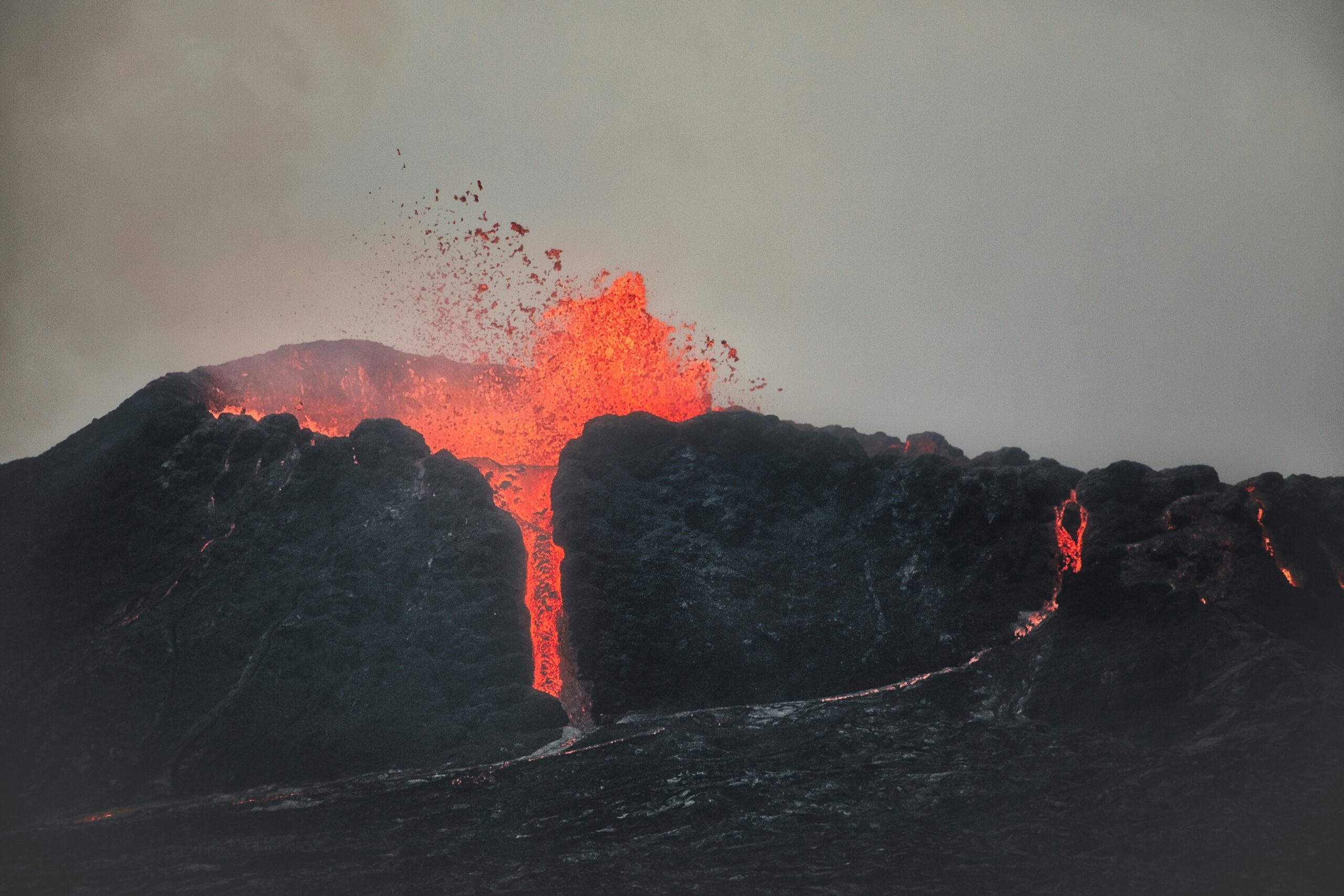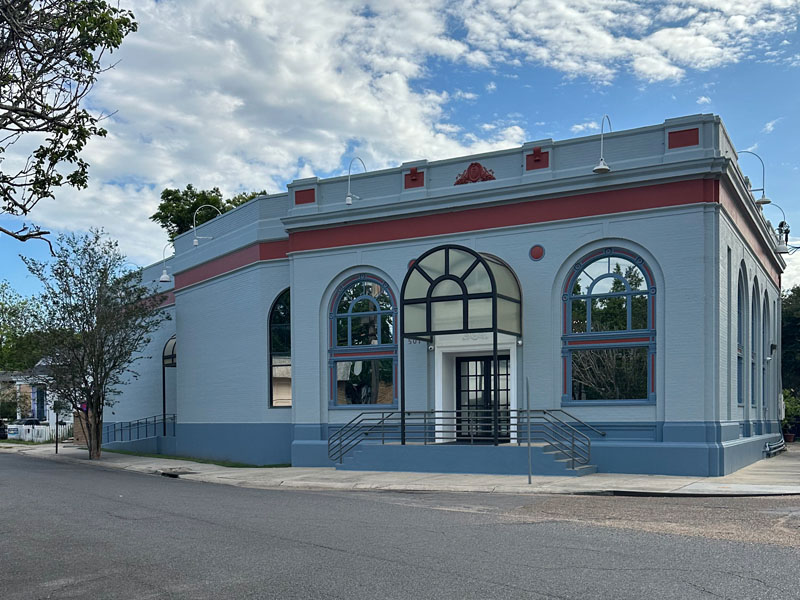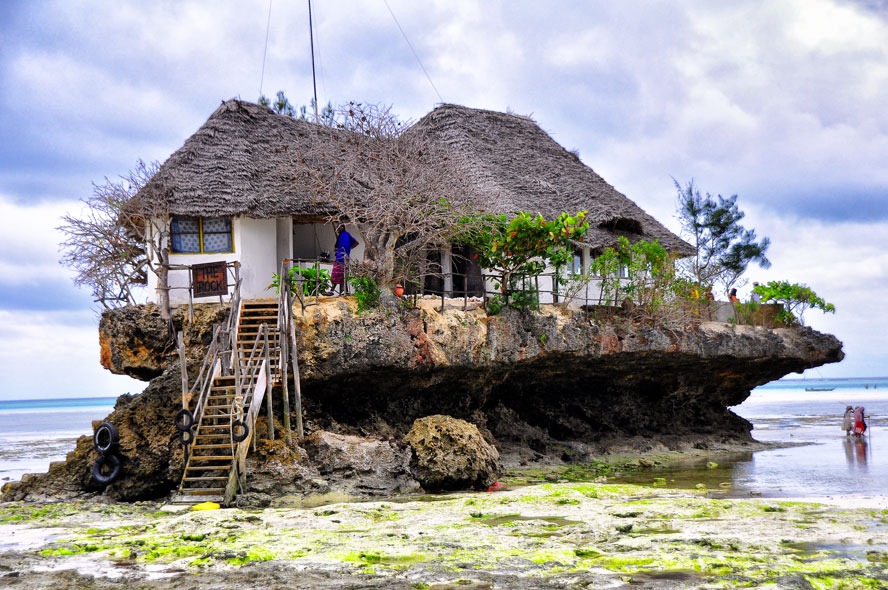Iceland’s Reykjanes Peninsula has become the center of intense geological activity, with a series of earthquakes and a volcanic eruption forcing the evacuation of tourists and locals. The seismic events, which began with a 5.2-magnitude earthquake, have disrupted daily life and tourism in the region, including the closure of the popular Blue Lagoon spa.
Seismic Activity and Volcanic Eruption
The initial 5.2-magnitude earthquake was followed by tremors measuring 4.9 and 4.6 near Grindavík and Vogar, according to the U.S. Geological Survey. These quakes culminated in a volcanic eruption near the Sundhnuksgigar Crater Row, marking another chapter in the reawakening of a volcano that had been dormant for 800 years before erupting again in 2023.
Iceland’s Meteorological Office has raised the alert level for the nearby volcano to “orange,” signaling increased unrest and a heightened likelihood of further eruptions or minor ash emissions.
Impact on Tourism and Local Communities
The Blue Lagoon, one of Iceland’s most renowned tourist attractions located in Grindavík, has been closed since March 30 due to safety concerns. Initially set to reopen by April 2, the closure may be extended as authorities monitor developments. The spa, known for its geothermal springs and wellness treatments, is a significant draw for visitors to the region.
Despite its proximity to the affected areas—less than 30 miles from Grindavík—Keflavik Airport (KEF) remains operational with no reported disruptions to flights. However, travelers are advised to stay informed as conditions could change rapidly.
Preparedness and Expert Insights
Iceland’s Civil Protection and Emergency Management agency has reassured the public of its preparedness for such events, noting that Iceland experiences volcanic activity approximately every five years. The country is globally recognized for its robust volcanic readiness protocols.
Volcanologist Thorvaldur Thordarson highlighted that magma chamber pressure is at unprecedented levels, suggesting that while the initial eruption was less powerful than expected, conditions remain unpredictable. “Nature calls the shots,” Þórðarson remarked, emphasizing that further changes could occur at any moment.
Advice for Travelers and Residents
Authorities urge residents and visitors in affected areas to adhere to safety advisories and evacuation orders. Travelers planning visits to Iceland should monitor updates from local agencies and consider alternative plans if necessary.
This latest geological event underscores Iceland’s unique position as both a land of natural beauty and dynamic geological forces. While these phenomena pose challenges, they also highlight the resilience of Iceland’s communities and their preparedness for living alongside nature’s unpredictability.


















